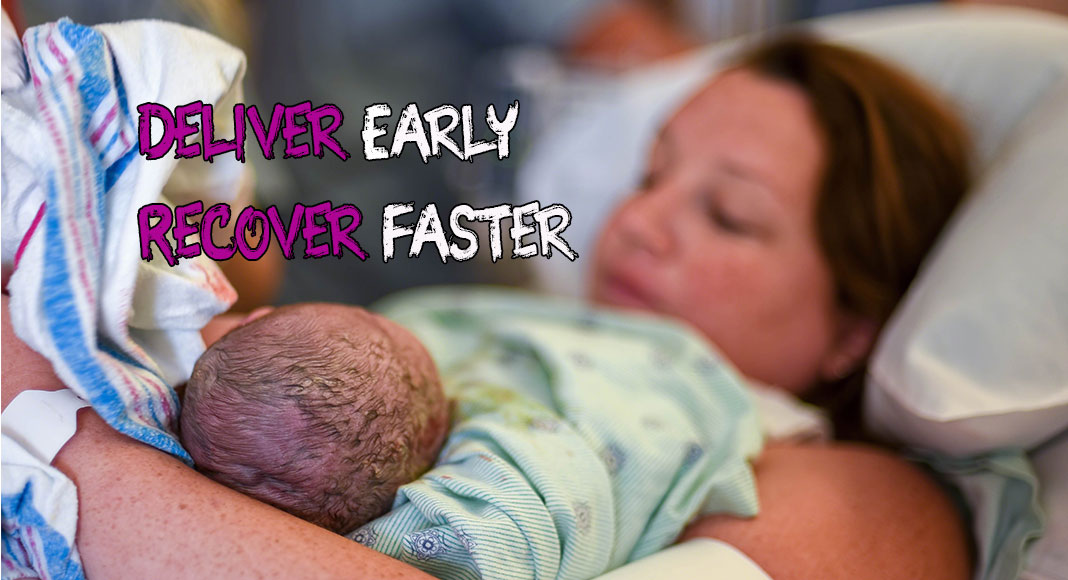
Mega Doctor News
By University of Texas Health Science Center at Houston
Newswise — Pregnant women hospitalized with COVID-19 had improved recovery outcomes after delivering their babies early, according to new research from The University of Texas Health Science Center at Houston (UTHealth).
The study was published in the British Journal of Obstetrics and Gynaecology.
“We know that there are more considerations with pregnant patients who have COVID-19, because we have to consider the fetus and timing of delivery,” said Beth Pineles, MD, PhD, a maternal-fetal medicine fellow in the Department of Obstetrics, Gynecology and Reproductive Sciences with McGovern Medical School at UTHealth and first author of the study. “Now we know that if the mother is critically ill, delivery improves her recovery.”
Researchers reviewed data on 61 pregnant patients who were hospitalized for COVID-19 between May and July of 2020. Of the 61 patients, 21 were delivered during their hospitalization for COVID-19. They found that women who developed acute respiratory distress syndrome (ARDS) due to the virus showed an improvement in lung function after delivery.
ARDS is a life-threatening lung injury that causes fluid to leak into the lungs and makes breathing difficult. The development of ARDS as a result of COVID-19 can happen very quickly.
According to Pineles, pregnant women have less flexibility and a lower reserve of air in their lungs than nonpregnant patients due to increased pressure from the large uterus. This makes getting them enough oxygen more difficult than in nonpregnant patients, and can be made worse if they develop ARDS due to COVID-19
“There is not a lot of information about ARDS and delivery, but physicians have speculated that delivery may improve lung function and now we have data to show it. As time goes on, some of these pregnant women who contract COVID-19 end up hospitalized and they either get better, or they succumb to this virus,” she said.
Since the study was conducted, several COVID-19 vaccines have been released and proven to be effective at preventing severe illness, hospitalizations, and death from COVID-19. Pineles hopes pregnant women will consider getting the vaccine.
“We have a vaccine that is safe and effective for pregnant women. Researchers are doing their best to develop treatment options for these patients, improve their health, and now we have evidence to improve delivery options. The vaccine is extremely effective at preventing hospitalization and death. If you have any hesitancy, data shows there is nothing to worry about – it is safe. If you are pregnant and unwilling to get the vaccine, please continue practicing masking and social distancing. You do not want to end up hospitalized because of this virus and risk your life and the life of your unborn child,” Pineles said.








